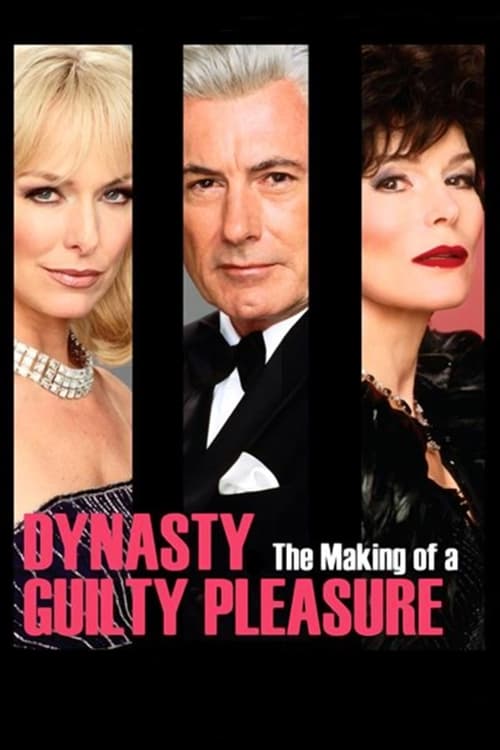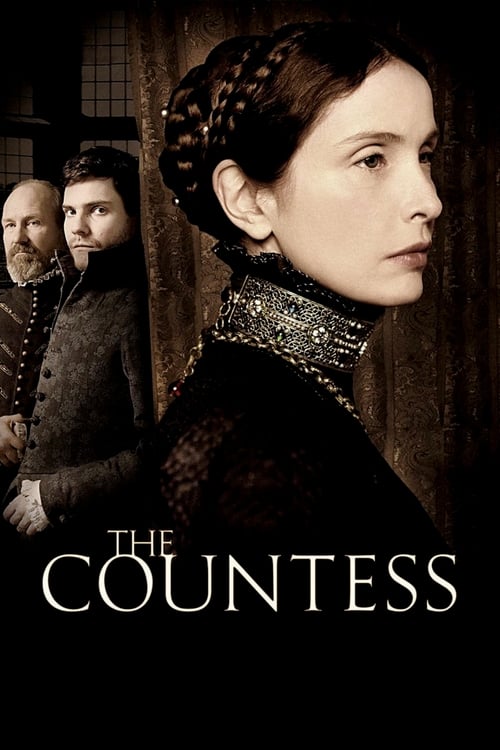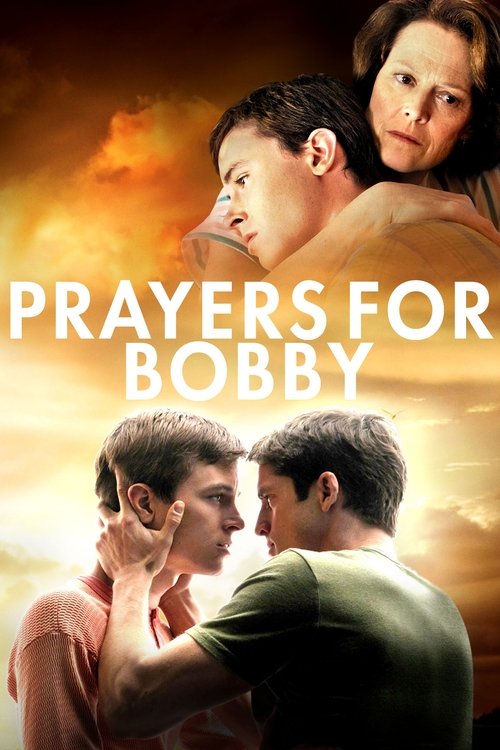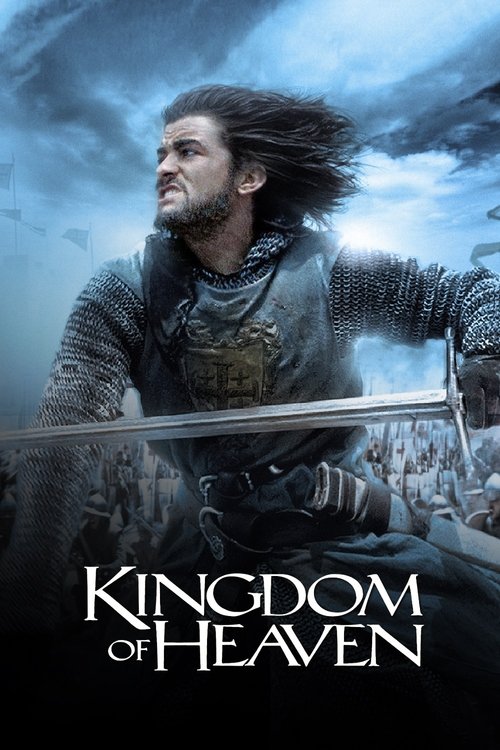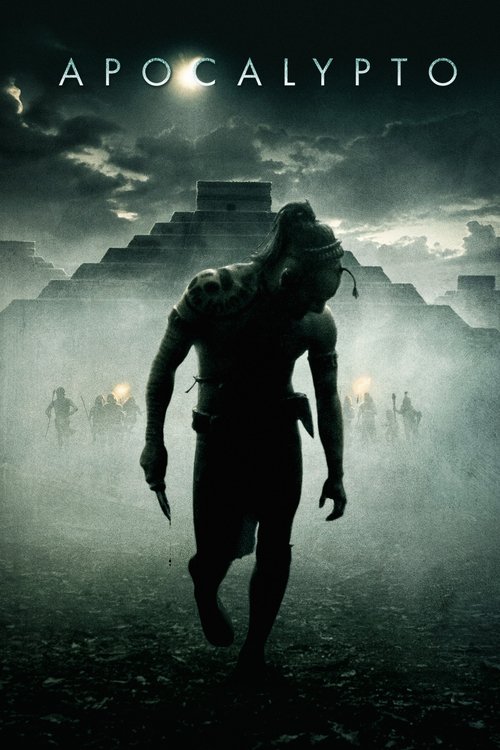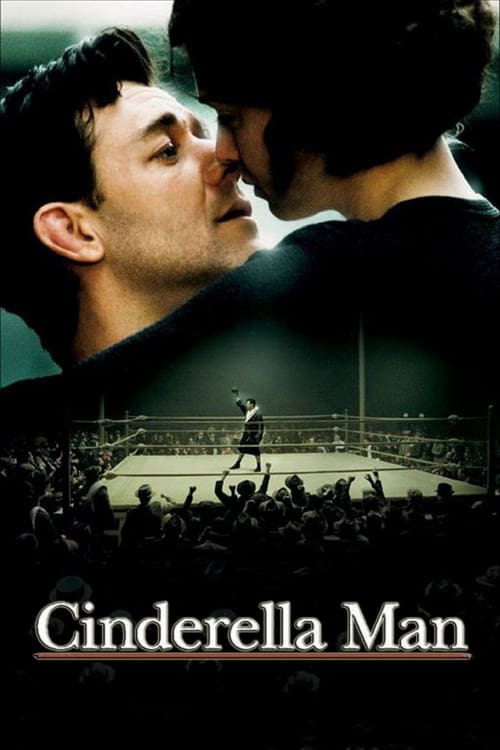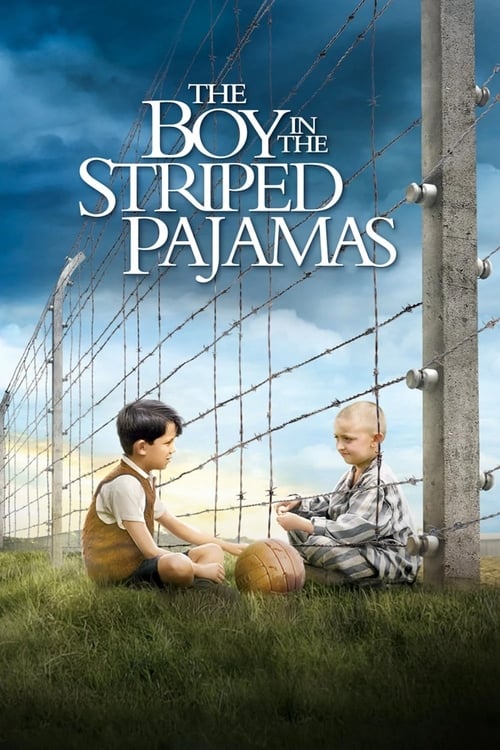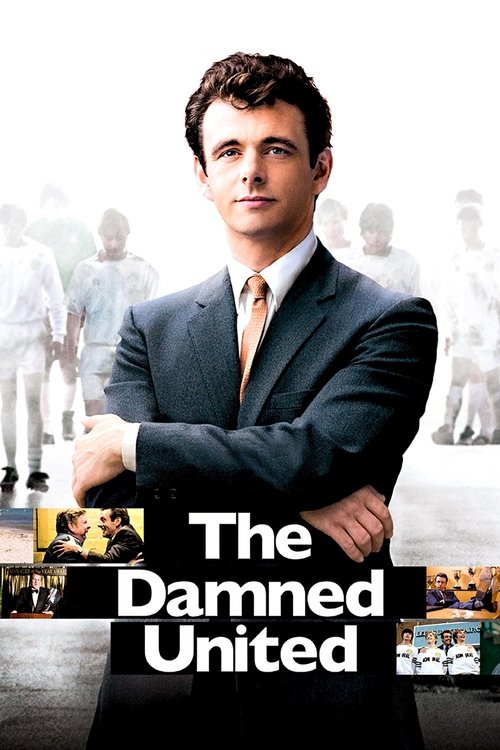
Ask Your Own Question
What is the plot?
The Los Angeles sun glares through the tall windows of the ABC network offices, casting long shadows across the polished conference table. It is 1980, and the air hums with ambition and the scent of ambition. Vince Peterson, the sharp-eyed development executive, sits across from Aaron Spelling, the legendary television producer whose name is synonymous with hits. The room is quiet, but the tension is palpable. Peterson leans forward, his voice low and urgent. "We need something big, Aaron. Something that screams greed and manipulation and sex and power and vanity. We need to make Dallas look like Sesame Street." Spelling smiles, a slow, knowing curve of his lips. "I think I know just the thing."
Cut to the modest office of Esther and Richard Shapiro, a husband-and-wife writing team whose careers have been built on crafting stories of glamour and intrigue. Esther, pragmatic and fiercely intelligent, pores over notes while Richard, more dreamy and creative, sketches out character arcs. They are pitching a new series to Spelling, one that centers on a wealthy, powerful family, the Carringtons, whose lives are a whirlwind of betrayal, passion, and excess. Spelling listens intently, his mind already racing with possibilities. "You want to create a family that's both aspirational and monstrous," he says, "a family that makes the audience want to be them and hate them at the same time." Esther nods. "Exactly. We want to show the cost of power, the price of ambition."
The wheels begin to turn. Spelling brings the Shapiros on board, and the production offices buzz with activity. Scripts are drafted, storylines debated, and casting calls sent out. The search for the perfect Blake Carrington leads them to John Forsythe, a veteran actor whose voice is already iconic as the unseen Charlie in Charlie's Angels. Forsythe is hesitant, wary of being typecast, but Spelling convinces him with promises of a complex, layered character. "Blake isn't just a patriarch," Spelling says. "He's a man torn between his duty to his family and his own desires." Forsythe agrees, and the role is his.
Next comes Krystle Carrington, the loyal, beautiful wife. The Shapiros want someone who can balance strength and vulnerability, and they settle on Linda Evans. Evans is initially skeptical, having just left The Big Valley, but the Shapiros assure her that Krystle will be more than just a trophy wife. "She's the heart of the family," Esther says. "She's the one who tries to hold everything together, even when it's falling apart." Evans is intrigued and accepts the role.
The casting of Alexis Colby, Blake's cunning ex-wife, proves more challenging. The Shapiros want someone who can embody both elegance and menace, and Spelling suggests Joan Collins. Collins is a star, but she's also known for her sharp tongue and high demands. When approached, she laughs. "You want me to play the villainess? I'll do it, but I want more money. And I want creative control." Spelling and the Shapiros negotiate, and Collins agrees, but not without a warning. "Don't think you can push me around. I'm not just an actress. I'm a force of nature."
As the cast assembles, the sound stages come alive with the opulence of the Carrington mansion. Lavish sets, extravagant costumes, and dramatic lighting create a world of excess that mirrors the show's themes. The first table read is electric, with the actors bringing their characters to life. Forsythe's Blake is commanding, Evans's Krystle is warm yet resilient, and Collins's Alexis is a whirlwind of charm and menace. The Shapiros watch with pride, but also with a sense of unease. They know the pressure is on to deliver a hit.
The show premieres to mixed reviews, but the ratings are strong. The audience is captivated by the Carringtons' drama, and Dynasty quickly becomes a cultural phenomenon. The Shapiros are thrilled, but the success brings new challenges. The network demands more scandal, more twists, more drama. Spelling pushes for bolder storylines, while the Shapiros struggle to balance creativity with commercial pressure. "We can't just throw in random plot twists," Esther argues. "The characters have to stay true to themselves." Spelling counters, "The audience wants surprises. They want to be shocked."
One of the most controversial storylines involves Steven Carrington, Blake's gay son. The actor playing Steven, Al Corley, is uncomfortable with the portrayal, feeling that it reduces his character to a stereotype. He confronts the Shapiros and Spelling, demanding more depth and nuance. "Steven isn't just a plot device," he says. "He's a person with feelings, with struggles." The producers listen, but the network insists on keeping the storyline sensational. Corley, frustrated and disillusioned, decides to leave the show. His departure is a blow, but the producers quickly cast a new actor, determined to keep the drama alive.
Meanwhile, Collins's personal life becomes a source of tension. Her divorce from Peter Holm is highly publicized, and the media scrutiny takes a toll on her. She confides in the Shapiros, expressing her frustration with the constant attention. "I'm not just Joan Collins, the actress," she says. "I'm a woman going through a difficult time." The Shapiros sympathize, but they also worry about how her personal struggles might affect the show. Collins, ever the professional, insists on continuing, but the strain is evident.
As the seasons pass, the show's success brings new pressures. The network demands more ratings, and the producers respond with increasingly outlandish storylines. The infamous "Moldavia" arc, in which the Carringtons are caught in a war-torn country, is a ratings disaster. The audience is confused and alienated, and the show's popularity begins to wane. The Shapiros are devastated, but Spelling remains optimistic. "We'll bounce back," he says. "We always do."
But the decline continues. The network considers cancellation, and the cast and crew face an uncertain future. Esther Shapiro, feeling betrayed by Spelling's decision to take Spelling Entertainment public without adequately compensating her, files a lawsuit. The courtroom drama is tense, with Esther arguing that she deserves a share of the profits for her contributions to the show's success. Spelling counters that the business decisions were necessary for the company's growth. The legal battle is bitter, but eventually, a settlement is reached. Esther is satisfied, but the experience leaves her disillusioned with the industry.
The show is unceremoniously canceled, with the phrase "the '80s are over" marking the end of an era. The cast and crew gather for a final meeting, reflecting on their journey. Joan Collins, ever the showman, jokes about performing her own stunt in Alexis's final catfight. The cast laughs, but there's a sense of sadness in the air. They know they've created something special, something that will be remembered for years to come.
In the end, the Shapiros, Spelling, and the cast negotiate with ABC for a reunion movie to provide closure for the fans. The cast returns at reduced salaries, willing to come back for one last hurrah. The reunion is bittersweet, with the actors acknowledging the impact of Dynasty on their lives and careers. As the cameras roll for the final scene, the cast and creators smile, knowing they've left a lasting legacy.
The film closes on a positive note, with the cast and creators acknowledging the historic impact of Dynasty. The story of its creation, the behind-the-scenes drama, and the cultural phenomenon it became is a testament to the power of television to captivate and inspire. The journey is over, but the legacy lives on.
What is the ending?
In the ending of "Dynasty: The Making of a Guilty Pleasure," the documentary wraps up by reflecting on the legacy of the show and its impact on popular culture. The cast and crew share their thoughts on the series' success and the personal connections they formed during its production. The film concludes with a sense of nostalgia and appreciation for the drama and the characters that captivated audiences.
As the documentary approaches its conclusion, the screen fades into a montage of iconic moments from "Dynasty," interspersed with interviews from the cast and crew. The tone is reflective, as they discuss the cultural significance of the show and its role in shaping the television landscape of the 1980s.
The first scene of the ending features a roundtable discussion with the main cast members, including Joan Collins, John Forsythe, and Linda Evans. They reminisce about their experiences on set, sharing laughter and anecdotes that highlight the camaraderie they developed over the years. Joan Collins, embodying her character Alexis Carrington, expresses pride in the role that made her a household name, while also acknowledging the challenges of portraying such a complex character.
Next, the documentary shifts to behind-the-scenes footage, showcasing the elaborate sets and costumes that defined the opulence of "Dynasty." The production team discusses the meticulous attention to detail that went into creating the glamorous world of the Carringtons and the Colbys. This segment emphasizes the hard work and creativity that fueled the show's success, revealing the passion that drove everyone involved.
As the narrative progresses, the film delves into the show's impact on its audience. Viewers share their personal stories about how "Dynasty" influenced their lives, from fashion trends to relationship dynamics. This segment highlights the emotional connection fans had with the characters, illustrating how the drama resonated with their own experiences.
The final scenes of the documentary focus on the legacy of "Dynasty." The cast reflects on how the show paved the way for future soap operas and primetime dramas, setting a standard for storytelling and character development. The film concludes with a powerful montage of the show's most memorable moments, accompanied by a poignant score that evokes nostalgia.
In the closing moments, the screen fades to black, and the words "Thank you for watching" appear, leaving the audience with a sense of closure and appreciation for the guilty pleasure that was "Dynasty." The documentary encapsulates the essence of the show, celebrating its place in television history and the lasting impact it had on both its creators and its viewers.
Is there a post-credit scene?
"Dynasty: The Making of a Guilty Pleasure," produced in 2005, does not feature a post-credit scene. The documentary focuses on the behind-the-scenes aspects of the iconic television series "Dynasty," exploring its cultural impact, character development, and the dynamics among the cast and crew. The film concludes with a reflection on the legacy of the show and its place in television history, leaving viewers with a sense of nostalgia rather than a cliffhanger or additional scene after the credits.
What were the main challenges faced by the cast and crew during the production of Dynasty?
The production of Dynasty faced numerous challenges, including conflicts among the cast members, particularly between Joan Collins and Linda Evans, which often stemmed from their characters' rivalry on-screen. Additionally, the show had to navigate the pressures of maintaining high ratings while dealing with changing audience tastes. The crew also struggled with the extravagant demands of the show's lavish sets and costumes, which required meticulous attention to detail and significant financial resources.
How did the character of Alexis Carrington evolve throughout the series?
Alexis Carrington, portrayed by Joan Collins, began as a glamorous and ruthless antagonist, embodying the archetype of the 'femme fatale.' As the series progressed, her character evolved to reveal deeper layers, including vulnerability and a complex relationship with her family, particularly her daughter, Fallon. This evolution was marked by moments of both triumph and tragedy, showcasing her internal struggles and motivations, which made her one of the most iconic characters in soap opera history.
What role did the character Blake Carrington play in the dynamics of the show?
Blake Carrington, played by John Forsythe, served as the patriarch of the Carrington family and was central to the show's narrative. His character was often caught in the crossfire of family feuds, business rivalries, and romantic entanglements. Blake's motivations were driven by a desire to protect his family's legacy and maintain control over his empire, which often led to moral dilemmas and conflicts with other characters, particularly his ex-wife Alexis and his children.
How did the character of Fallon Carrington's storyline reflect the changing attitudes towards women in the 1980s?
Fallon Carrington, portrayed by Pamela Sue Martin and later by Emma Samms, represented a shift in the portrayal of women during the 1980s. Initially depicted as a spoiled heiress, her character gradually transformed into a more independent and assertive woman, navigating her own career ambitions and romantic relationships. Fallon's struggles with identity, love, and ambition mirrored the evolving societal expectations of women during that era, making her storyline resonate with contemporary audiences.
What were some of the most memorable plot twists involving the character of Krystle Carrington?
Krystle Carrington, played by Linda Evans, experienced several memorable plot twists throughout the series. One of the most shocking moments was her battle with amnesia, which created tension and uncertainty in her marriage to Blake. Additionally, her rivalry with Alexis led to dramatic confrontations, including the infamous catfight scene. Krystle's emotional journey, marked by her struggles with jealousy, betrayal, and her quest for acceptance within the Carrington family, kept viewers engaged and invested in her character's fate.
Is this family friendly?
"Dynasty: The Making of a Guilty Pleasure" is a documentary that delves into the creation and impact of the iconic television series "Dynasty." While it primarily focuses on the behind-the-scenes aspects of the show, there are a few elements that may be considered objectionable or upsetting for children or sensitive viewers:
-
Mature Themes: The documentary discusses themes of wealth, power struggles, and betrayal, which may not be suitable for younger audiences.
-
Sexual Content: There are references to the show's portrayal of relationships and sexual dynamics, including discussions about the characters' romantic entanglements.
-
Conflict and Drama: The documentary highlights the intense rivalries and conflicts among characters, which may include emotional confrontations that could be distressing for some viewers.
-
Behind-the-Scenes Tensions: There are mentions of personal conflicts among cast members and production staff, which may touch on themes of jealousy and competition.
-
Visuals of Glamour and Excess: The opulent lifestyle depicted in the series may evoke feelings of envy or discomfort regarding materialism.
Overall, while the documentary is not explicitly graphic or violent, its mature themes and discussions may not be suitable for all audiences, particularly younger children.

